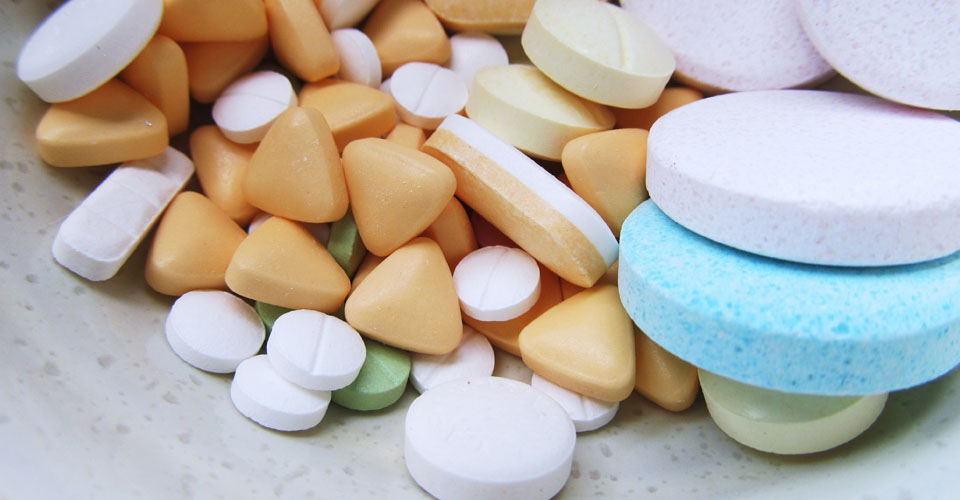This article is the thirteenth in a series about the epidemic of opioid addiction and how NEOMED is training future physicians and pharmacists to help. Ambika Singh, a second-year College of Medicine student, contributed this article.
As part of NEOMED’s Recovery Week, the Center for Student Wellness and Counseling Services brought in Nicole T. Labor, M.D., the director of the addiction medicine fellowship at Summa Health, for a lunch speaker event. I attended the seminar on behalf of the newly founded Happiness Club here at NEOMED, for which I am the treasurer. When I initially came to the event, I was expecting Dr. Labor to talk about how she’s seen drug abuse and addictions in the patients she treats at her clinic, how this problem is running rampant in our area, and that the first line of defense against this is educating both the public and rising healthcare professionals like us. I was never expecting her to talk about how she herself was the addict – and not just to one substance. As she put it, she started out with substances that she felt were “cleaner,” but as her financial situation and dependence grew, she found herself reaching for more “hardcore substances.”
The biggest surprise of all: I never expected her to say that this addiction was being sustained through medical school. I couldn’t believe that this was something she was maintaining as an actively studying student, and that she disguised it so well from her family and peers. It was eye-opening to me that Dr. Labor herself couldn’t see how her problem was taking over her life, despite being a highly educated medical student. I think it goes to show that there are no such things as stereotypes when it comes to addiction: Anyone can be affected by this, and it’s our role as rising professionals to recognize the warning signs and do whatever we can to help.
